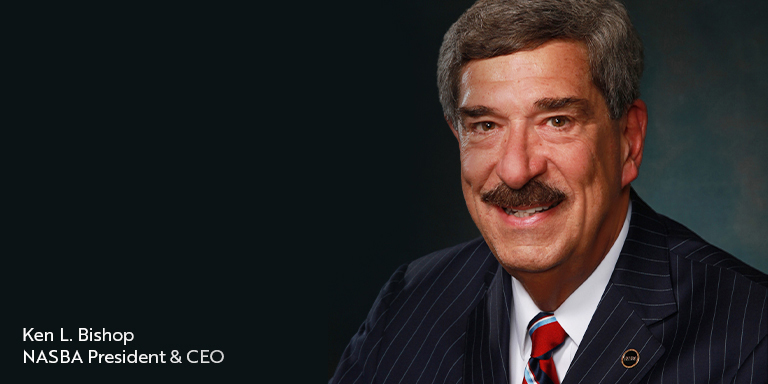SHARE: This morning, while stopped at a red light, I noticed a young mother trailed by two very small children walking down the sidewalk. Each was wearing a mask and, while they were close together, they were noticeably distancing themselves from other walkers. It occurred to me that the COVID-19 precautions that we are taking do not create a “new normal” for them. Given their early age, these practices during their formative development are likely to take on a sense of normalcy for the children that will be long-lasting. If you travel to almost any Asian country, you notice that a majority of people, particularly young adults, are wearing masks as they commute to work, shop, eat out or mingle with others. This is not a new phenomenon because of the current COVID-19 pandemic. It has been nearly 20 years since the SARS pandemic raged through many Asian countries, and the culture of wearing protective masks established then has continued. Many of you have probably noticed Asian travelers in airports or tourist spots often wearing masks. It would not surprise me if the two small children I saw this morning will consider the wearing of masks a part of their “normal.” For those of us who are more seasoned (a kind way of saying “getting older”) transitioning to that new “normal” may be harder. Americans have always been strong willed. We have resisted wearing motorcycle helmets, seatbelts and even locking our doors. Only legal mandates have effectively changed our behavior. But, begrudgingly or not, we have adapted, and we will do so with the current requirements and restrictions that have impacted our lives. So, what does “new normal’ have to do with regulation of the accounting profession? Like the wearing of masks, the adaptations and changes we are all making will last long past the pandemic. Many closed offices will never reopen because businesses, firms and associations are discovering that, with investments in training, equipment and protocols, employees working remotely are becoming increasingly effective. How will terms like “residency” and “principal place of business” be impacted when there is no practical way to ascertain whether someone is working or practicing at home, in another city or state, or maybe even another country? How will historic audit and tax preparation cornerstones work, like skepticism heightened by the client’s reactions or kinetics, when there is less personal contact? The profession has adjusted quickly to the pandemic and many firms have projected continuing office closings and travel restrictions well into 2021, and possibly beyond. Similarly, clients are evolving their business models to allow remote work, electronic communications and paperless systems. Many State Boards of Accountancy and other regulators have not been back to their offices in months. Almost all meetings and transactions are virtual, and investigations and disciplinary processes have been upended. Like the profession, State Boards are continuing to adapt. I am confident that, albeit with alternative methodologies, the mandate of public protection will continue. It will, however, require investing in technology and systems that will correspond to the changing environment. NASBA too has had to continuously adjust and rethink how we perform our mission and work, and we began that evolution process almost immediately after the pandemic hit. We have worked hard, but we have been incredibly lucky. We will likely end calendar 2020 with increased net assets and enhanced capabilities to ensure we are able to perform our mission critical functions and to enhance the effectiveness of State Boards. In addition to continuing working to manage through this crisis, I am beginning to spend more time thinking about what the future looks like for NASBA. The old saying “you can’t un-ring a bell” reminds us that we will all feel the impact of events. My sense is that when this pandemic is adequately manageable, or hopefully over, the new “normal” is going to look much different from the old. We will see changes in political, economic, legal and operation arenas. While we don’t know yet what the “new normal” will look like, I can promise you that NASBA will be ready for it and for you! Now that the NASBA State Board Report is quarterly (one of those impacts I mentioned), this will be my last “President’s Memo” in 2020, with the next appearing in the Winter 2021 edition. Let me take this opportunity to wish each of you, your associates and families the happiest of holiday seasons. I pray for your safety, health and wellbeing. Please be safe my friends! Semper ad meliora (Always toward better things). — Ken L. Bishop |

